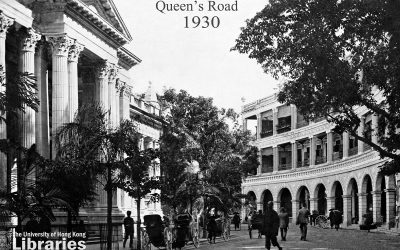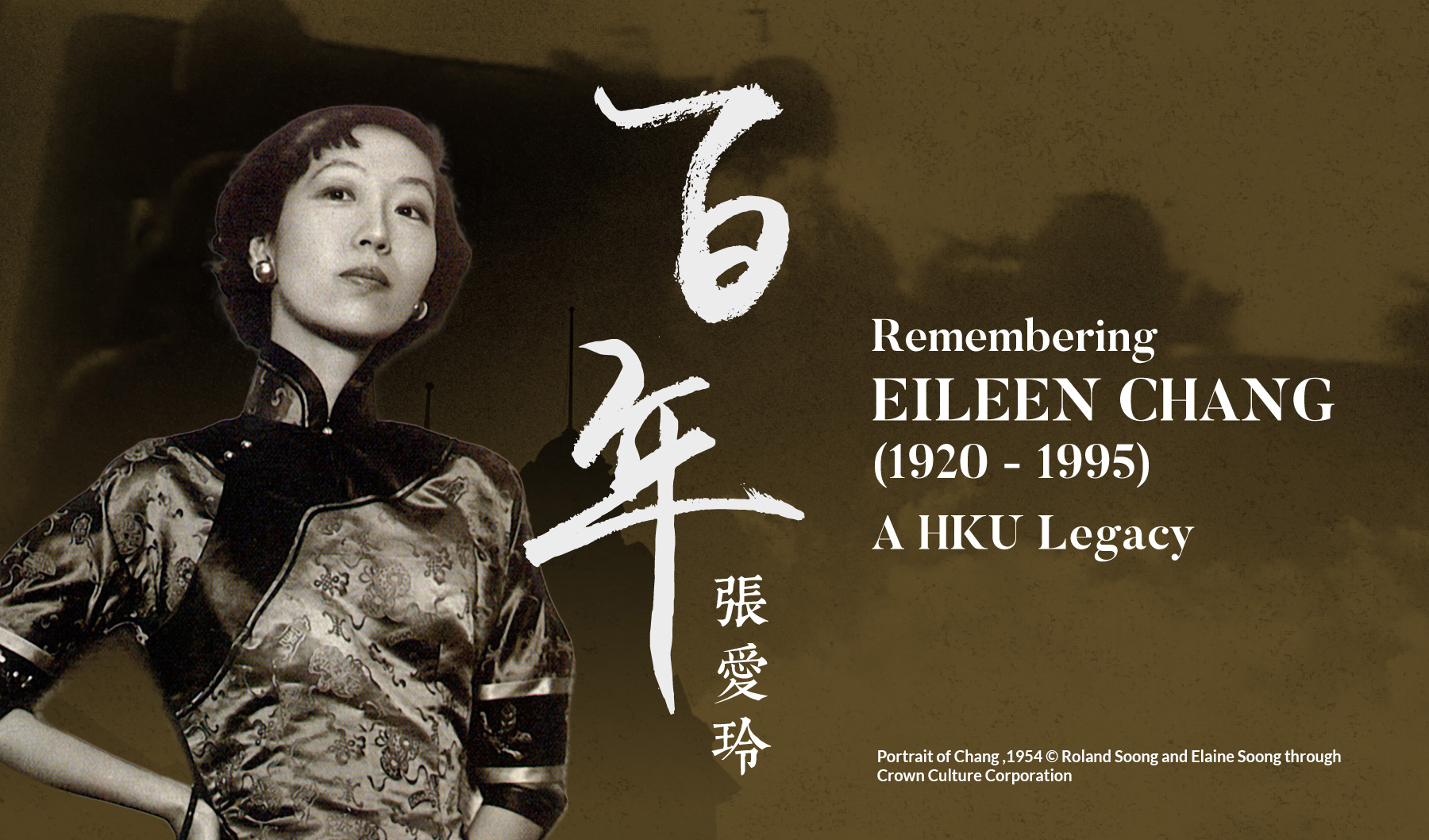
The year 2020 marks the centennial celebration of the 100th birthday of Eileen Chang, a major twentieth-century writer and one of the most eminent alumni of the university, (Bachelor of Arts student. 1939-1941). Chang was admitted to HKU in 1939 but returned to Shanghai two years later, when the university was forced to shut down as Hong Kong came under Japanese occupation.
The brief years she spent at HKU was critical for her later emergence as a literary legend. During the years following her return to Shanghai, the golden ages of her writing career, Chang produced major works, essays and novels that are filled with references to locations in Hong Kong, including the Repulse Bay Hotel, Mid-levels and HKU, reflecting her life at the university and her experiences living in wartime Hong Kong.
In the following story, we trace the university’s various activities to bring Eileen Chang “home” to her alma mater, an effort started 13 years ago in 2007.
「兩年,新的事,新的人」。作爲香港大學校友,短短兩年多的香港經驗,對張愛玲產生了巨大的衝擊。她於1939年8月港大開學前夕到達香港,1942年5月離開香港回到上海。回上海後的幾年成為她創作的高峰期,奠定了她在文壇「一代才女」的地位。她在紀錄港大讀書生活的散文《燼餘錄》中提到, 戰時香港所見所聞,對她有「切身的、劇烈的影響」。
Thousands of miles, two years, new things and new people. My experience in wartime Hong Kong has imposed on me an intimate and powerful influence,of which i was not aware at the time.
幾千里路 , 兩年 , 新的事 , 新的人 。 戰時香港所見所聞 , 唯其因為它對於我有切身的 、 劇烈的影響 , 當時我是無從說起的。
From The Ashes, Eileen Chang
張愛玲《燼餘錄》
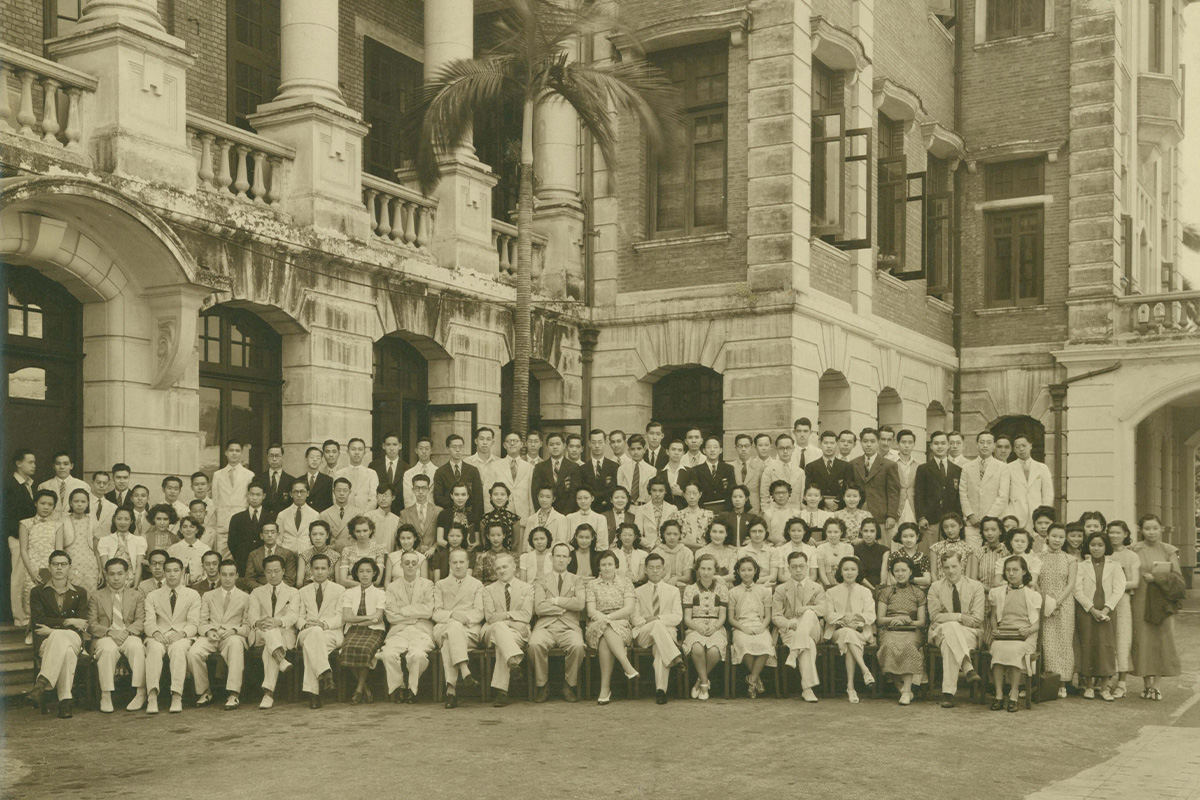
Faculty of Arts group portrait, autumn, 1941. The bespectacled Eileen Chang can be seen as the fifth woman from the right on the third row. (HKU Archives)
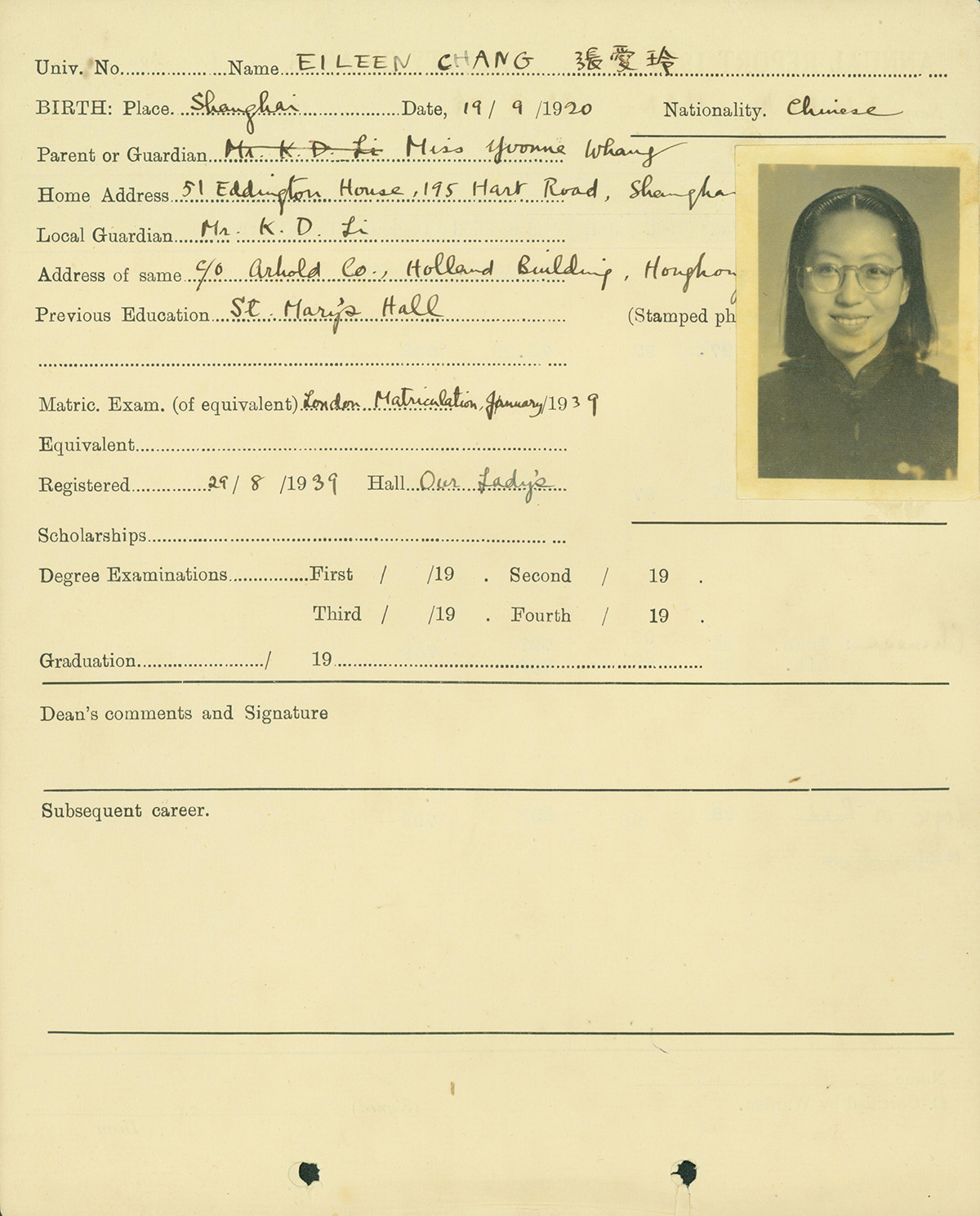
Eileen Chang’s HKU student registration in 1939 (HKU Archives)
[2020]
Online and museum exhibition
The Department of Comparative Literature, Faculty of Arts, and the HKU University Museum and Art Gallery presented “Eileen Chang at the University of Hong Kong: An online presentation of images and documents from the archives,” (https://www.virtual.umag.hku.hk/eileenchang100) followed by physical displays at the university museum. The exhibition was curated and introduced by Professor Nicole Huang, of the Department of Comparative Literature.
Through her research, Professor Huang confirmed that Chang lived at Our Lady’s Hall, a woman dormitory, during her time at the university. She also discovered group portraits of teachers and students of the Faculty of Arts, taken in 1940 and 1941, as well as photos and documents on Chang’s teachers and friends at HKU.
Professor Huang and her research were featured in a six-minute BBC documentary produced to mark the centenary year. “As Chang’s alma mater and a starting point of her literary journey, HKU and the Faculty of Arts have a responsibility to help preserve her legacy. The narrative that emerges from these images and documents in this online presentation is only the beginning,” said Professor Huang.
 Professor Nicole Huang
Professor Nicole Huang
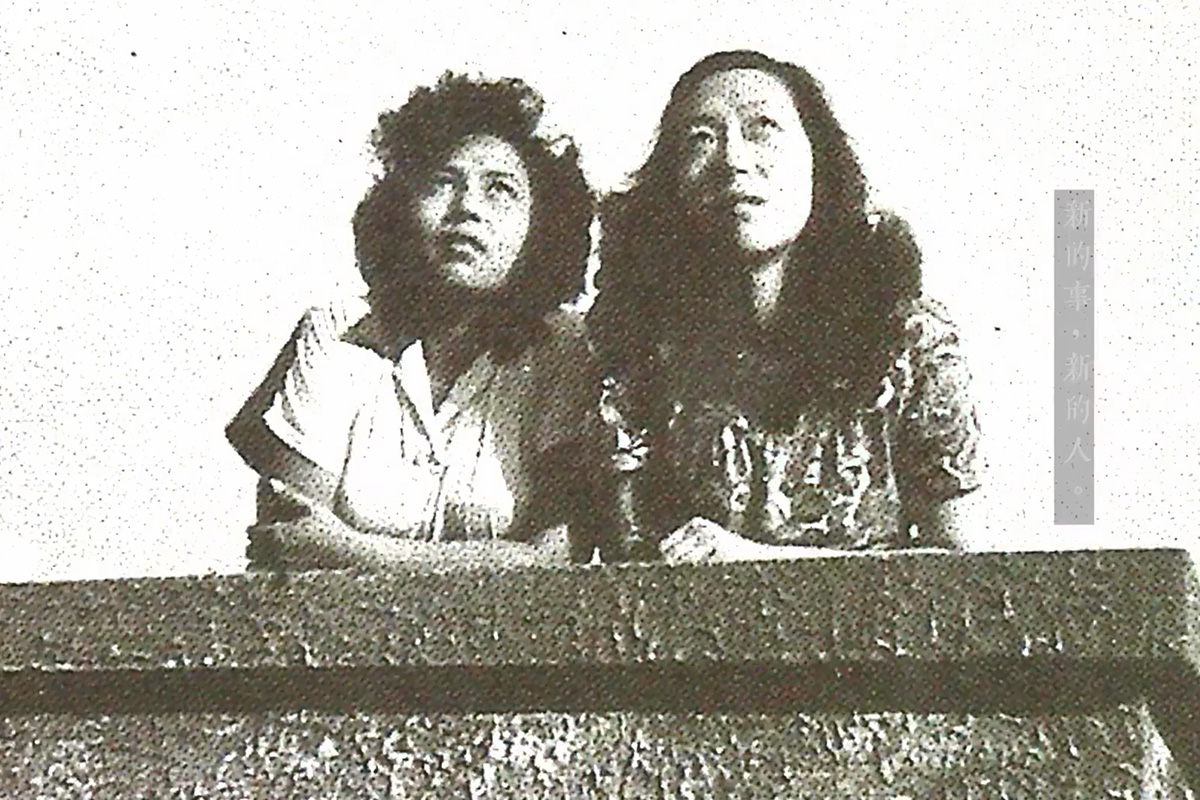
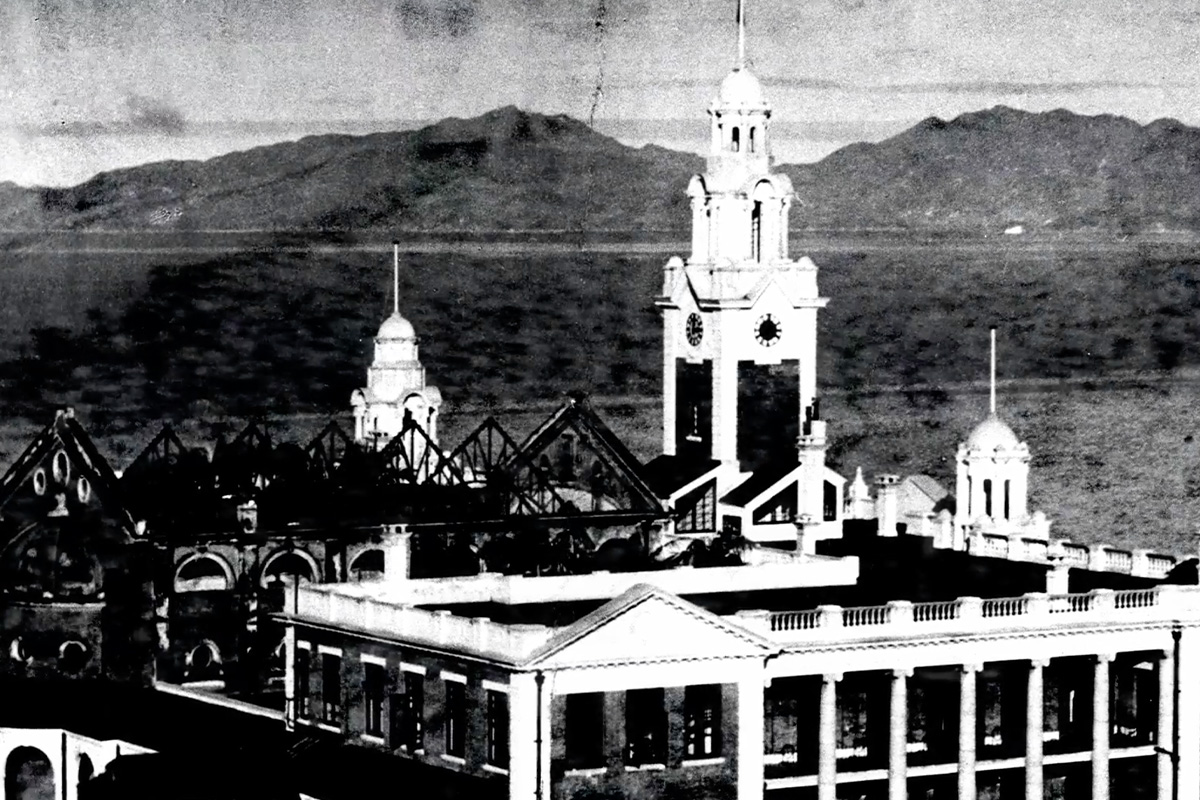
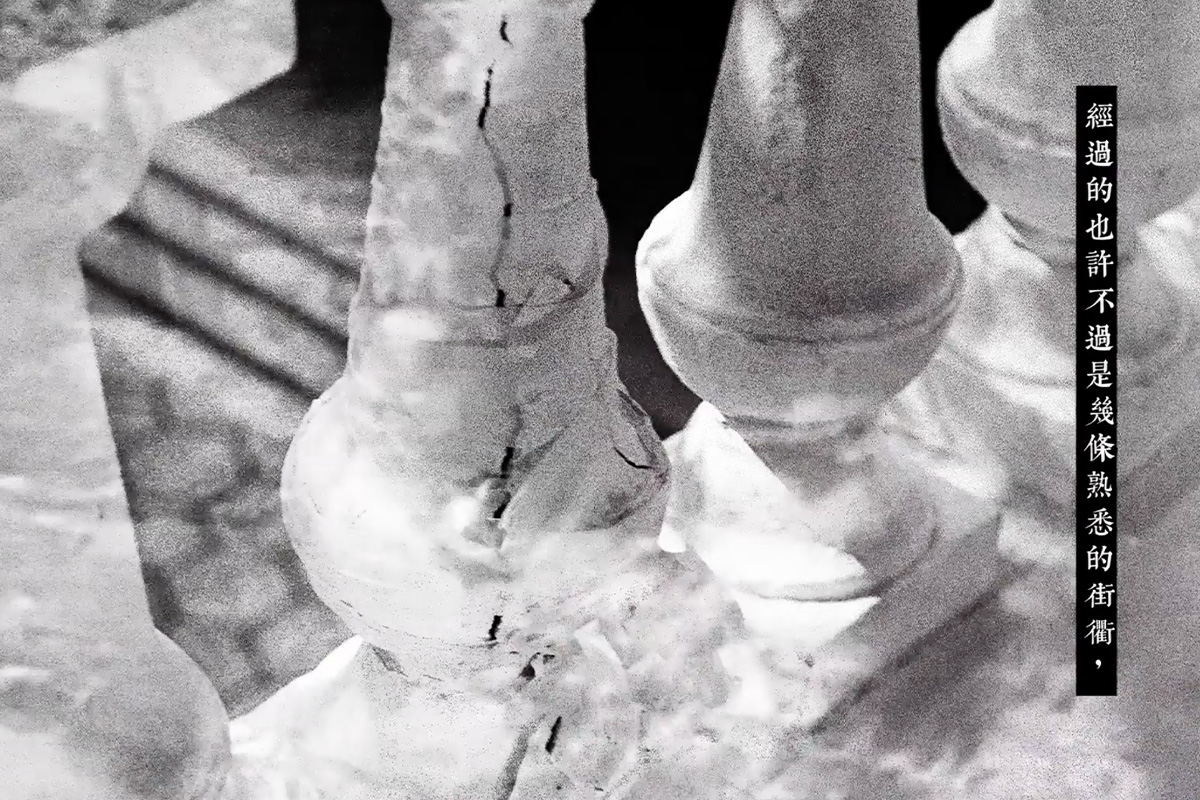
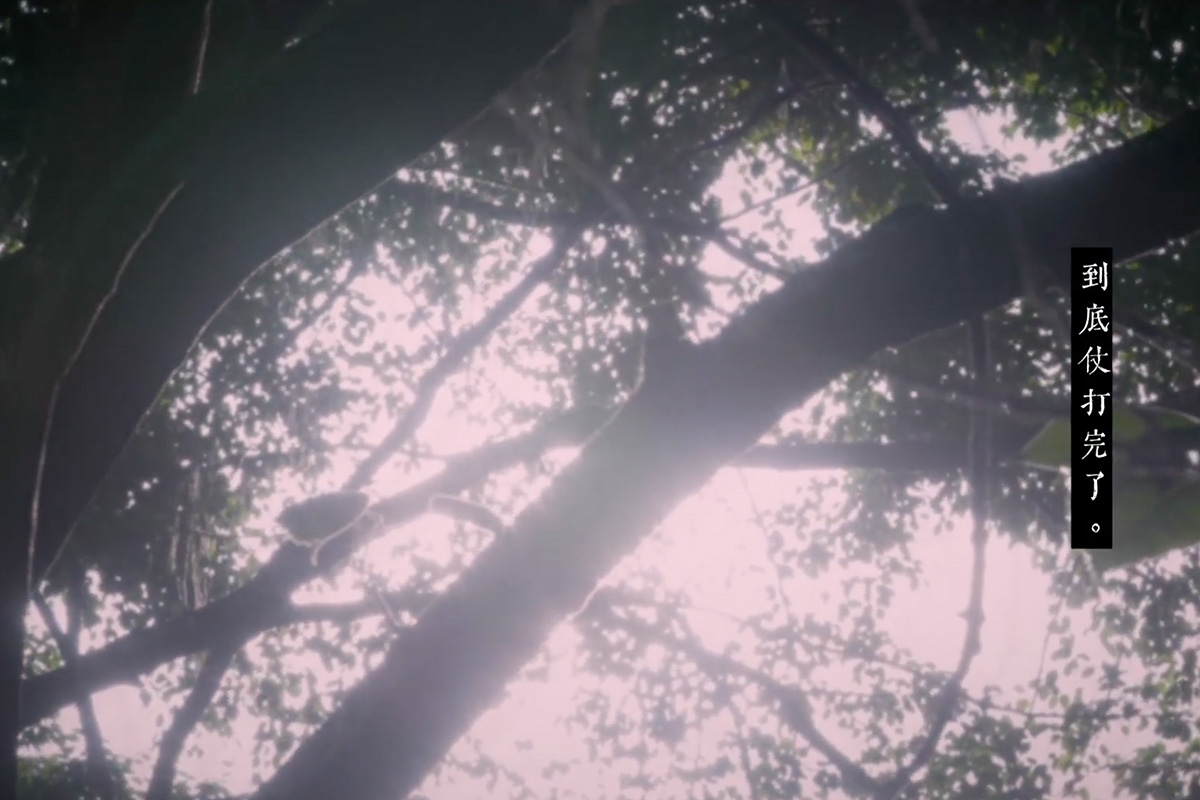
Video clips from “In search of Eileen Chang at HKU”
[2020]
Video remembrance
A two-minute online video “In search of Eileen Chang at HKU,” presented historic clips of Eileen Chang. It was produced by the Development and Alumni Affairs Office as a tribute to the distinguished alumna.
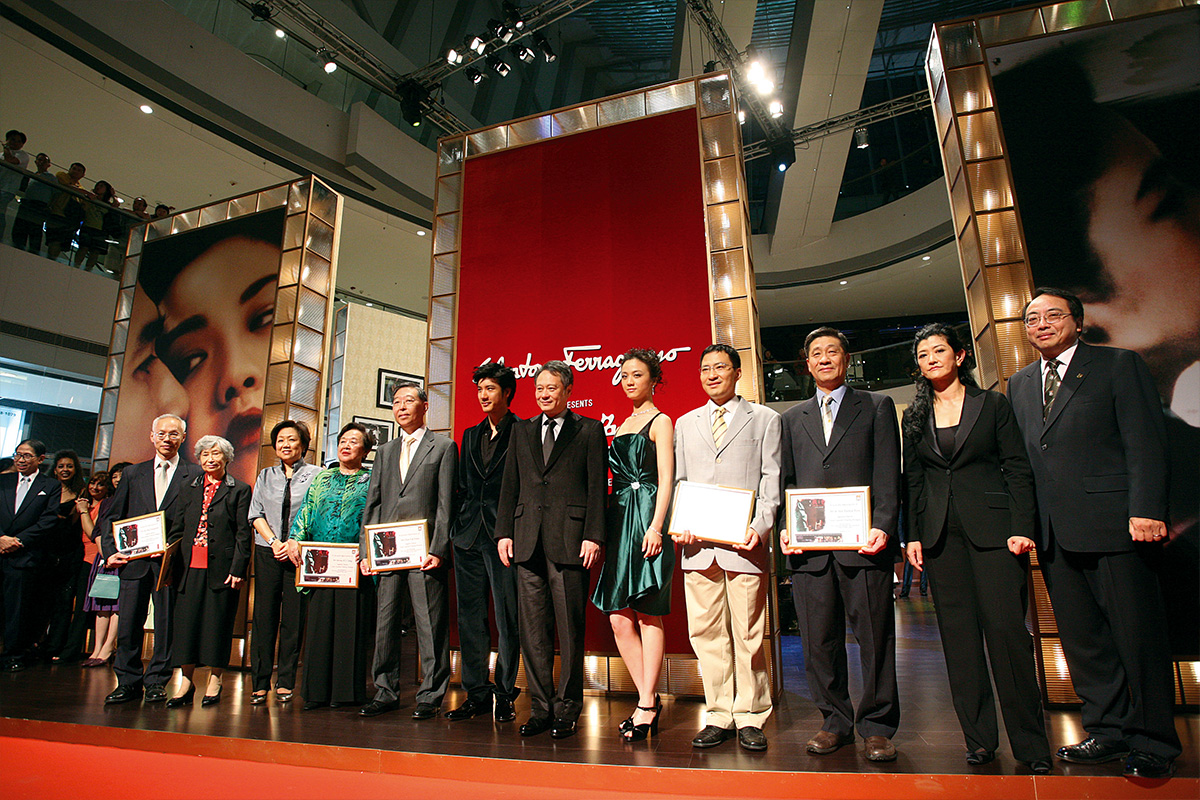
Many luminaries, including HKU patrons. attended the 2007 premiere of “Lust, Caution”
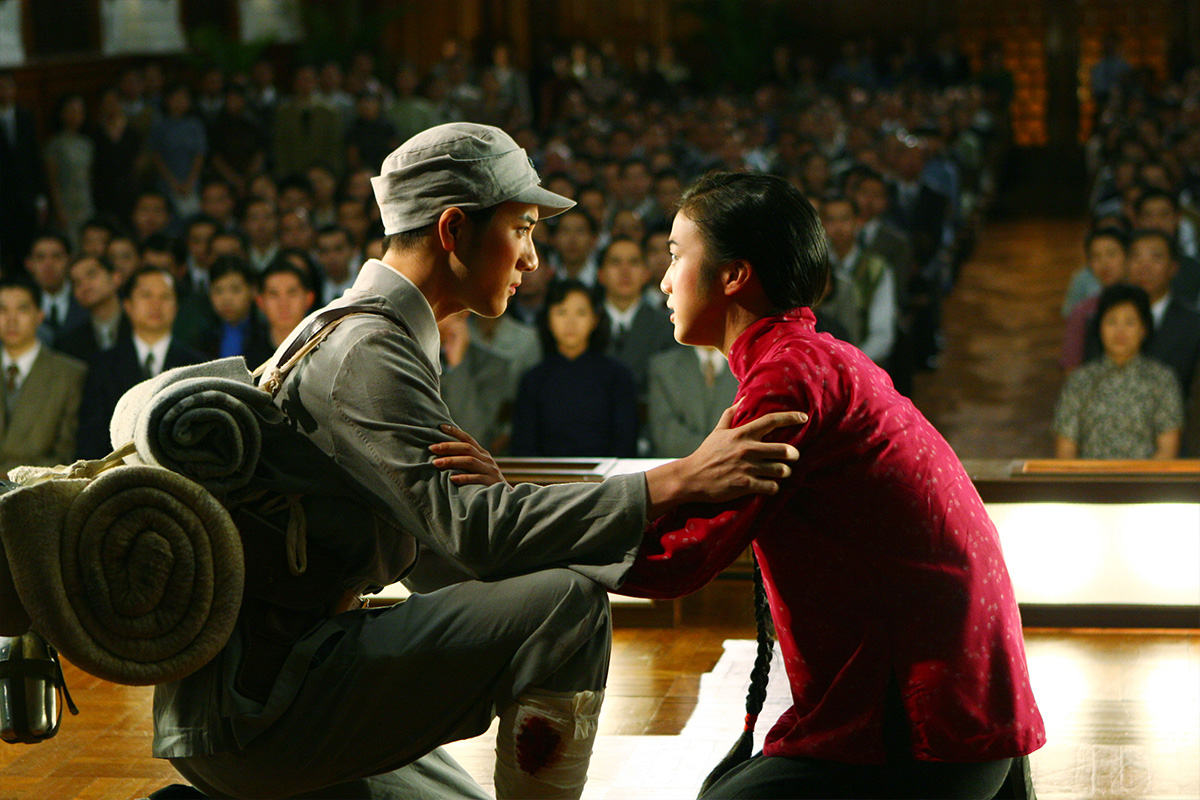
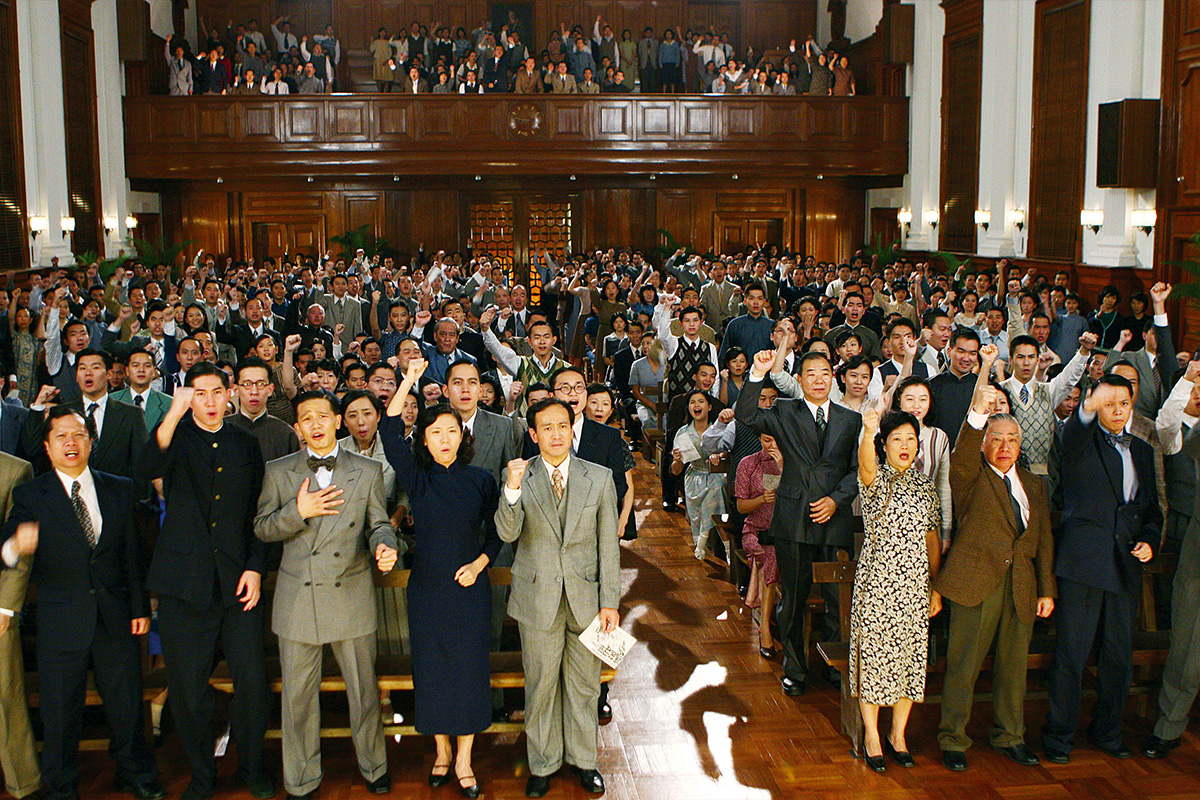
Some scenes of the film were shot on location at HKU’s Loke Yew Hall and in classrooms of the Main Building.
[2007]
Lust, Caution charity gala premiere
A spy thriller directed by acclaimed filmmaker Ang Lee, Lust, Caution was based on Eileen Chang’s novella of the same name. Some of the most poignant scenes of the award-winning film was shot on location at historic Loke Yew Hall and classrooms in the Main Building. On 2 September, a charity premiere of Lust, Caution was held to raise funds for cultural and humanities projects at the university.
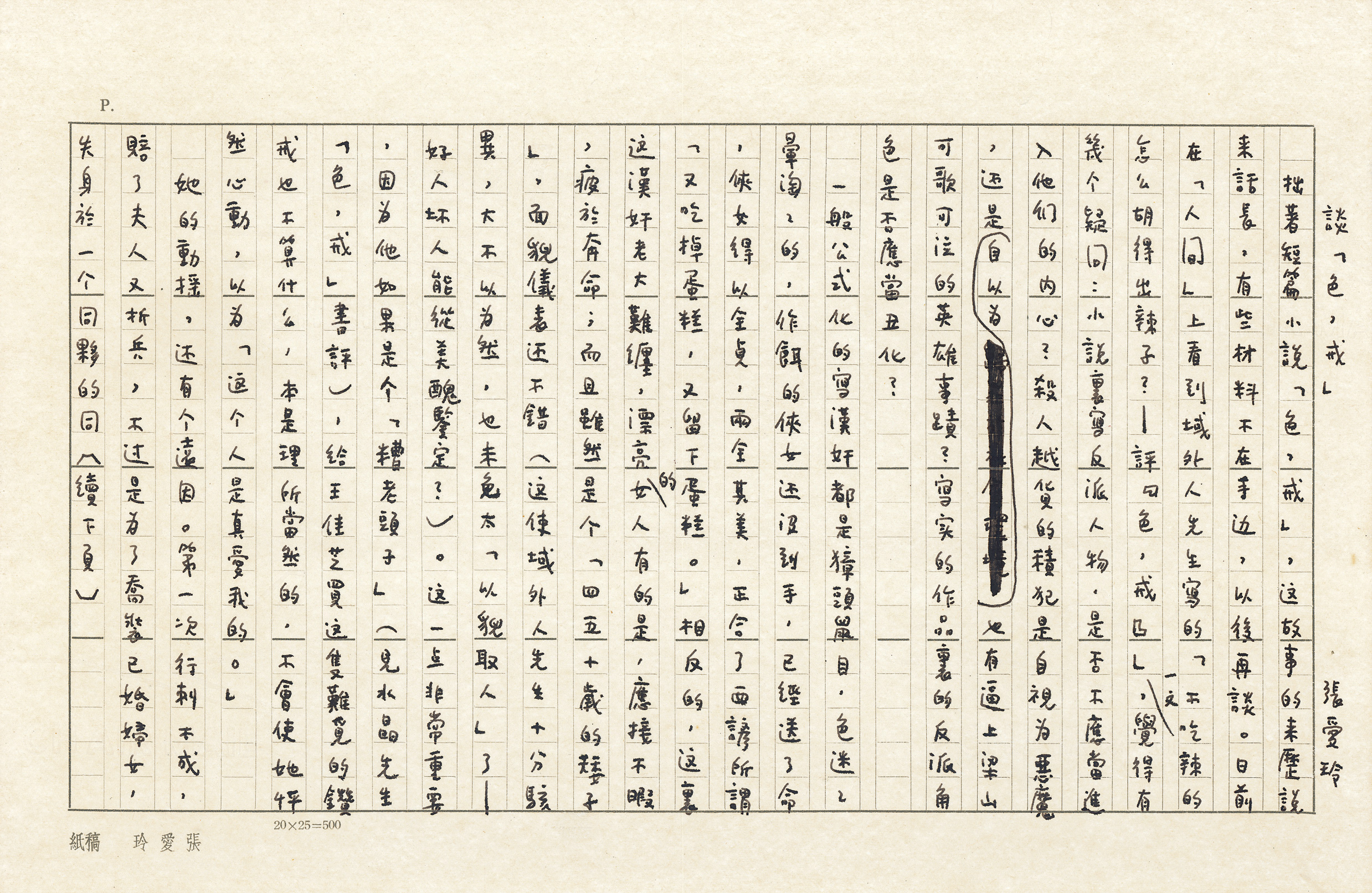
Manuscript of “On Lust, Caution”.©️ Roland Soong and Elaine Soong through Crown Culture Corporation
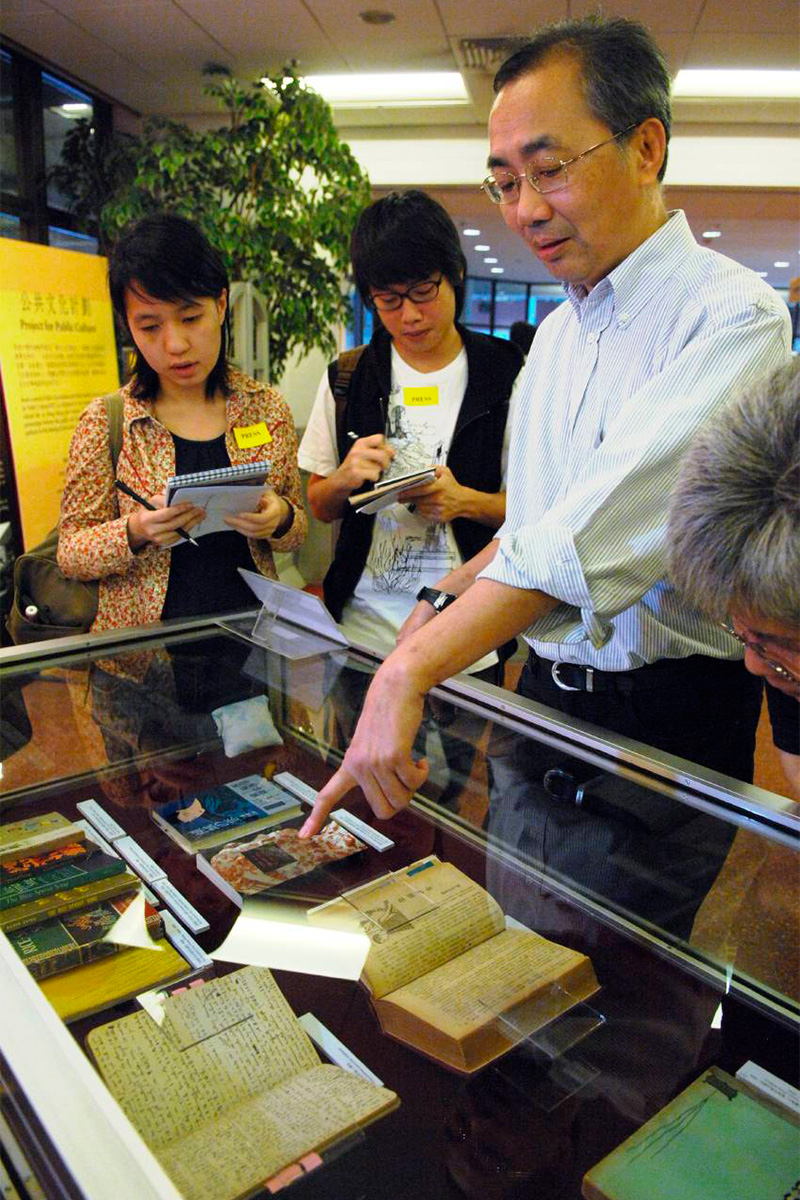
Dr. Roland Soong, administrator of Eileen Chang’s estate, at the 2007 exhibit.
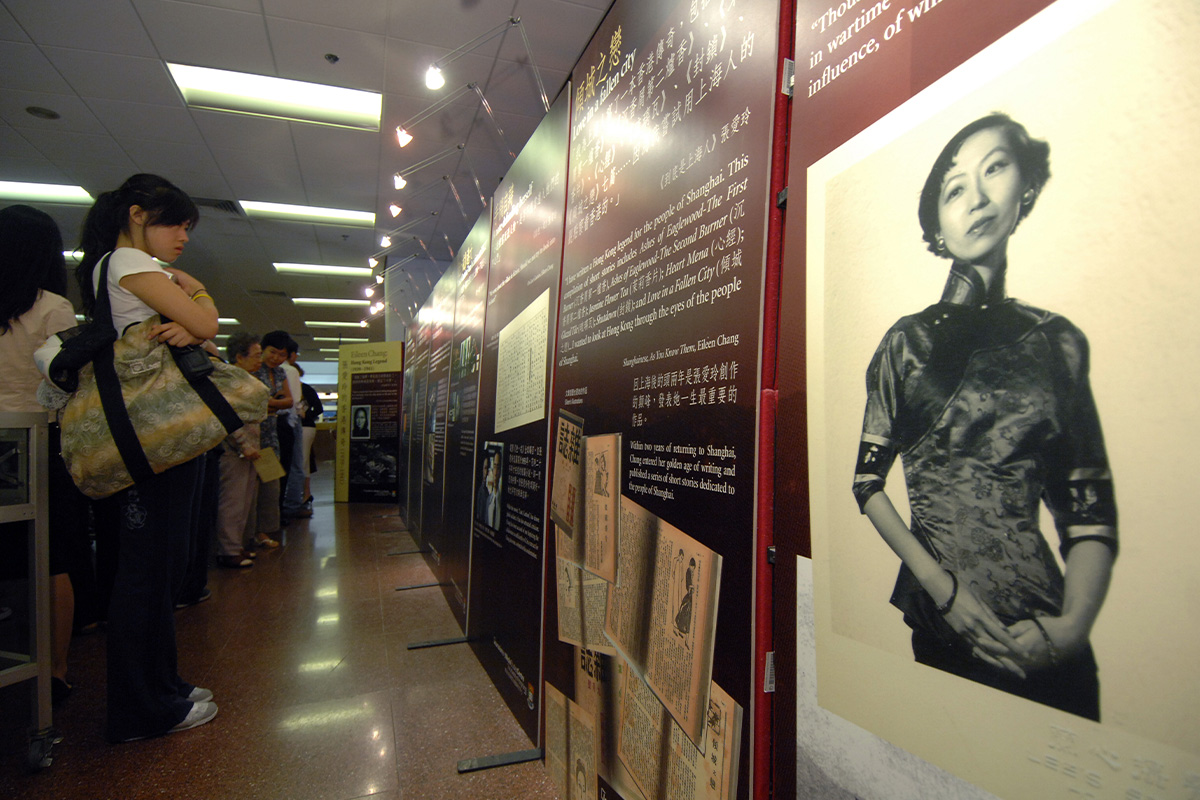
[2007]
Chang’s handwritten manuscripts unveiled at HKU exhibit
The exhibition presented Eileen Chang’s HKU student registration record, (courtesy of HKU Registry), her handwritten manuscripts in English and Chinese, as well as exclusive photos of her life and work, (courtesy of Dr. Roland Soong, administrator of Chang’s estate.) The three-week exhibit organized by the Journalism and Media Studies Centre, in collaboration with HKU Libraries, attracted over 8,000 visitors, including students, colleagues, and members of the public.
[2009]
Eileen Chang’s scholarship created
A scholarship in memory of Eileen Chang was created with contributions from Dr. Roland Soong, to benefit female undergraduate students from Mainland China or Taiwan to pursue studies in the arts and humanities.
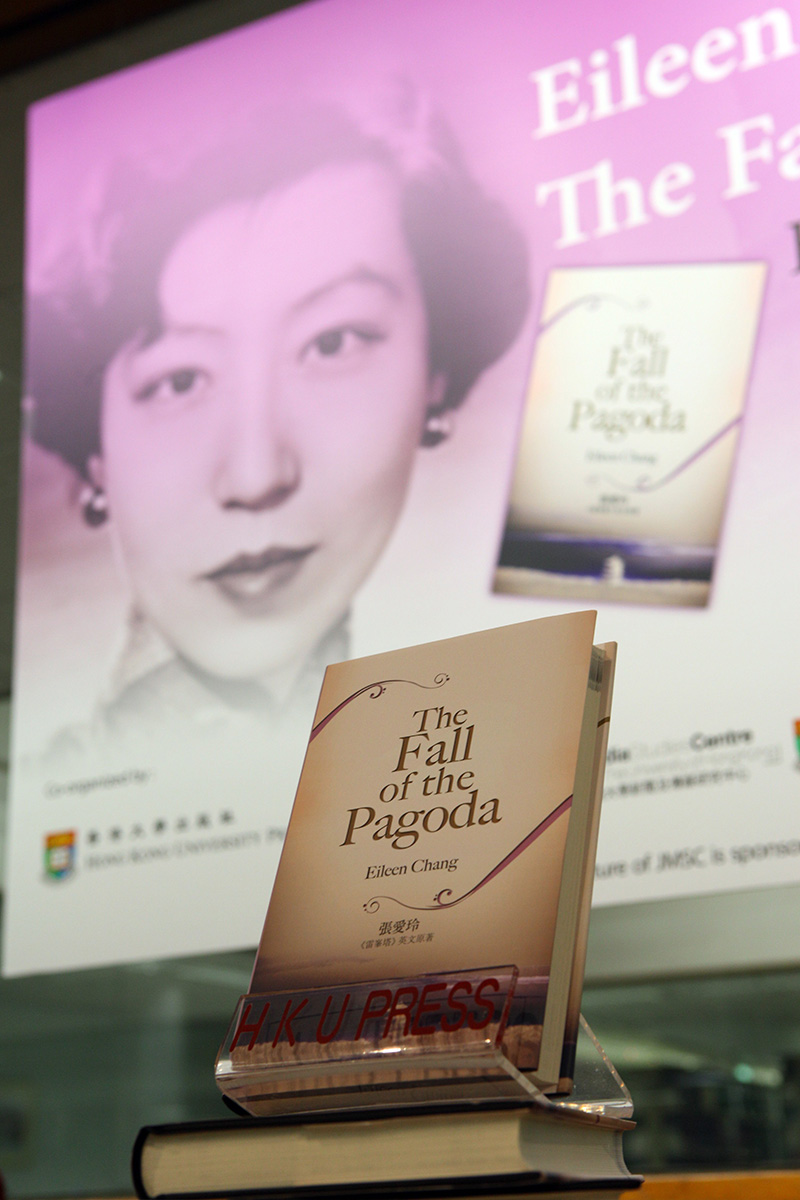
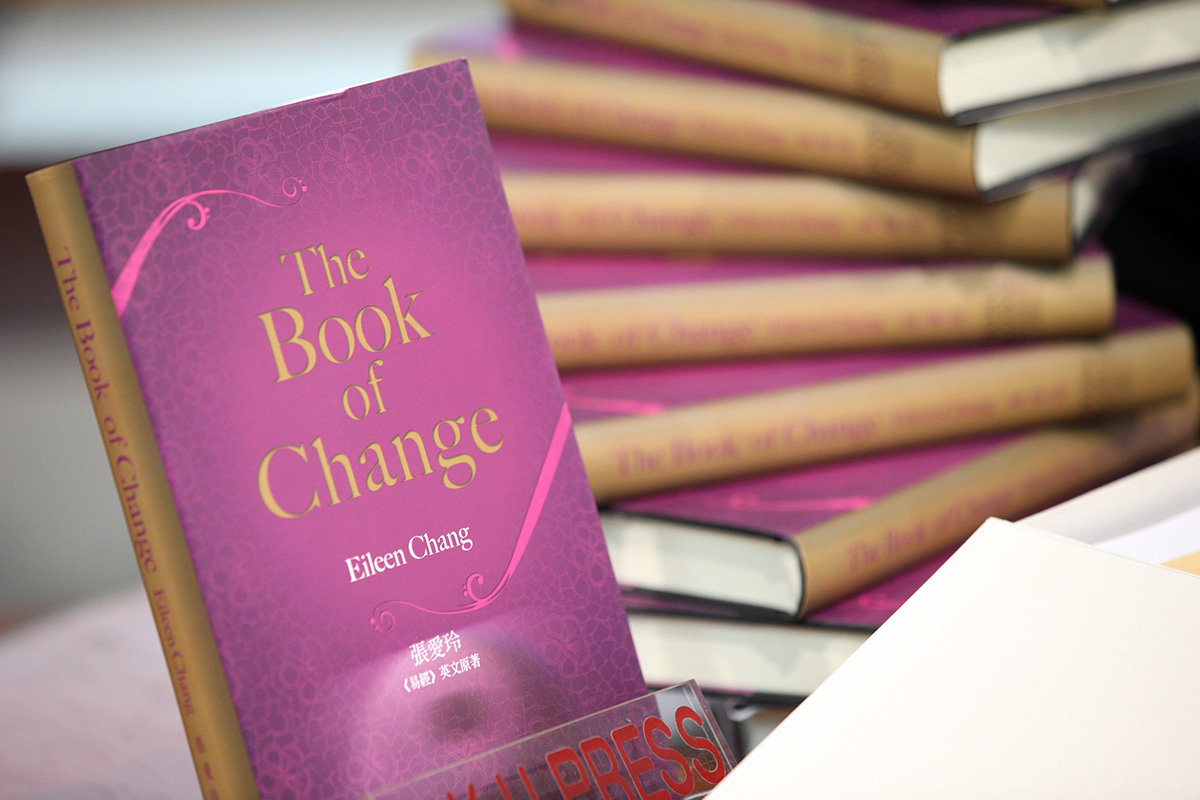
[2010]
Original English works by Eileen Chang published by HKU Press
The Fall of the Pagoda, the first of two semi-autobiographical novels written by Eileen Chang, depicts in gripping detail her childhood years in Tianjin and Shanghai. Its sequel The Book of Change revolves around her wartime student days in Hong Kong. The manuscripts, written in English, were discovered by Dr. Roland Soong among the collection of Chang’s papers entrusted to him. Chang, who wrote the two books in the 1950’s was never able to find a publisher until they were published posthumously by Hong Kong University Press in 2010.
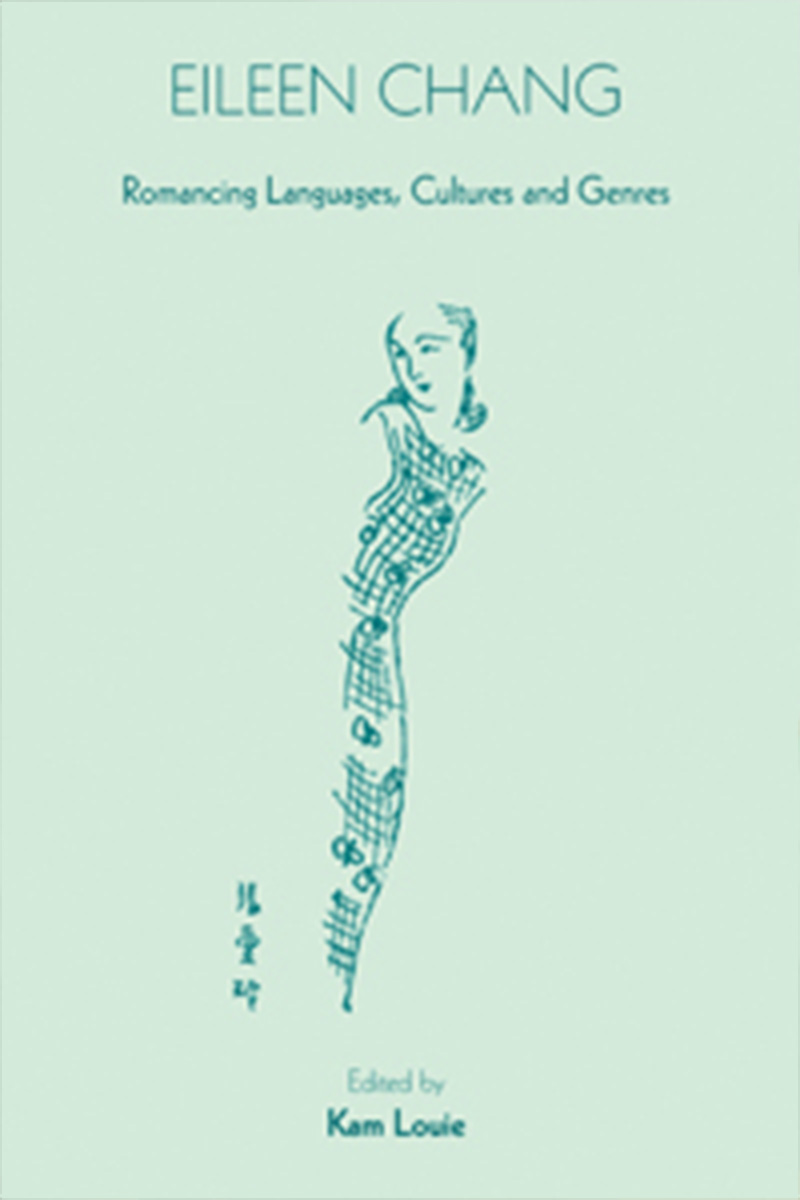
[2012]
Collection of critical essays published by HKU Press
Eileen Chang Romancing Languages,Cultures and Genres, a collection of 13 essays was edited by Professor Kam Louie, then Dean of the Faculty of Arts. Published by HKU Press, it is the first book in English devoted to an exploration of Chang’s earliest short stories as well as her novels that were published posthumously.
Features
Tam Wing Fan Innovation Wing
A symbol of what’s possible
HKU-SCF FinTech Academy
Cultivates future-fit talents and upskill bankers
Fight COVID-19
HKU’s efforts in research, learning and public services to combat the pandemic
The Frank Fischbeck Collection
A visual record of Hong Kong story from 1860s to 1997
Technology Transfer
Bringing HKU’s research results to the wider world
iDendron
Ideate | Incubate | Impact




